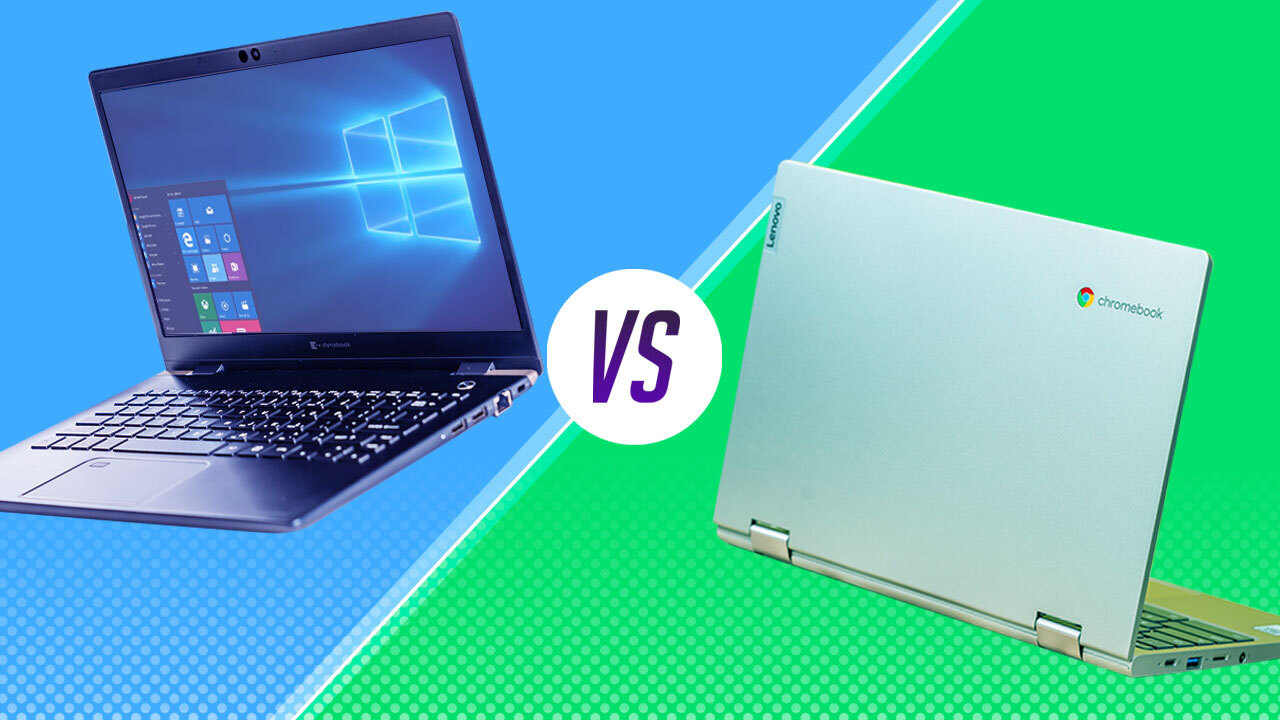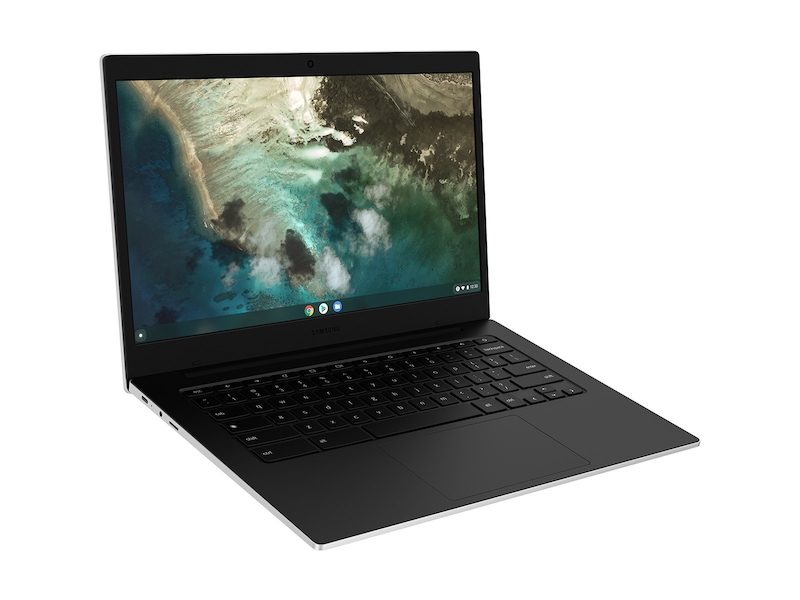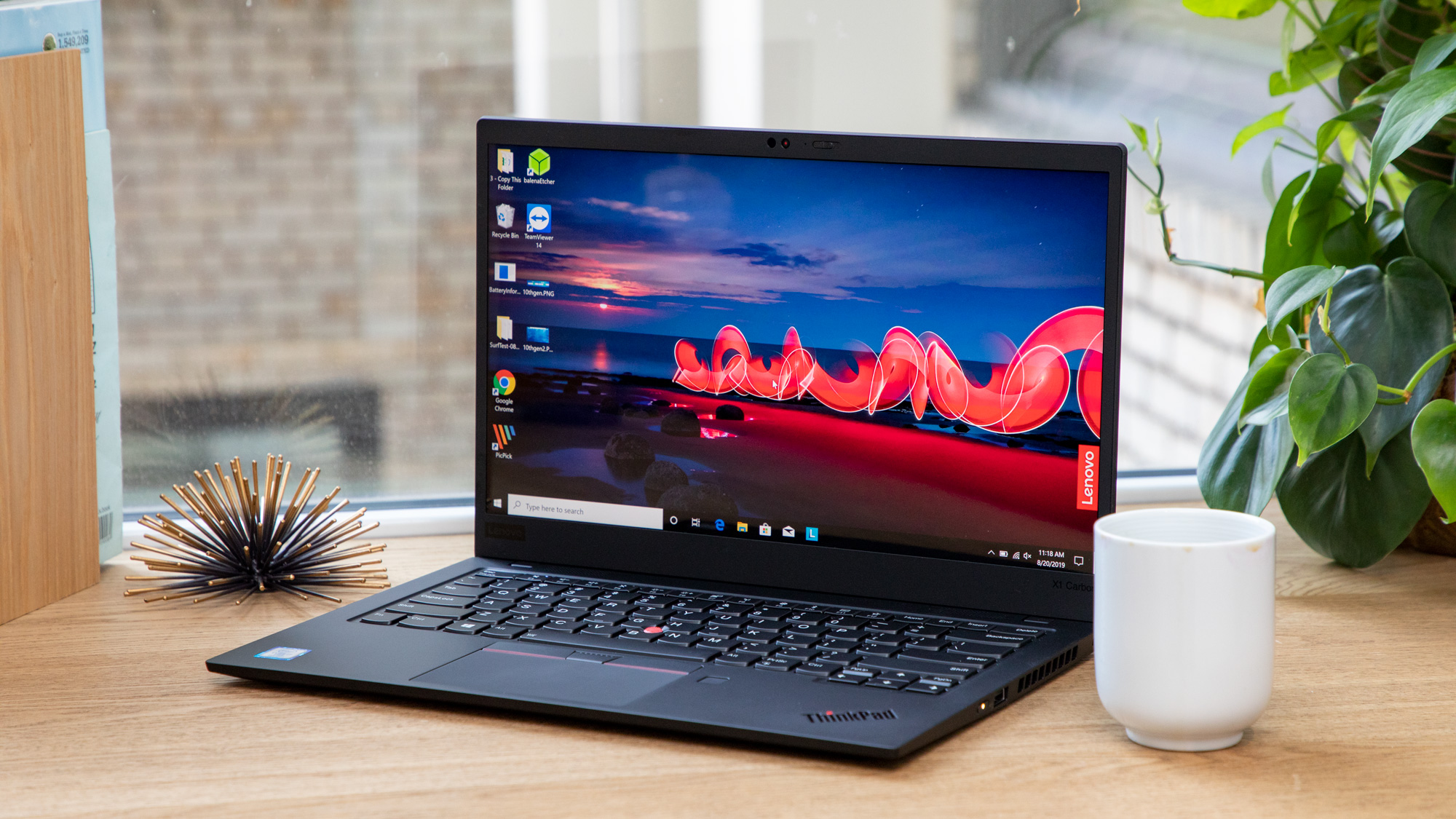Chromebooks can now take the place of your Mac or Windows laptop, but they aren't for everyone. Find out if a Chromebook is right for you in this article.
Chromebooks are laptops and two-in-one computers that run Google's Chrome OS. The hardware may resemble any other laptop, but the Chrome OS's simple, web-browser-based interface is a far cry from the Windows and MacOS computers you're probably used to. Whether you're thinking about converting from a Windows laptop or MacBook to one, your child got one from school, or you're just interested about Chrome OS, here's all you need to know.
Chromebooks were widely mocked when they initially debuted in 2011, and rightly so, for their limited functionality and dependency on a constant internet connection. This year marks the tenth anniversary of the operating system, and while today's Chromebooks are a long way from their origins, certain things haven't changed, and you may not be ready to work around the restrictions they do have. Also, if you don't want to read this and would rather simply try out Chrome OS, here's how to install it on any laptop using a cheap USB flash drive you presumably already have.
What can I do with a Chromebook and what can't I do with one?
Chrome OS was simply Google's Chrome web browser when it first released. For people who are used to operating systems like Windows and Mac, the ordinary Chromebook appears to be nothing more than a laptop that runs a web browser.
Even if the Chrome OS never progressed beyond that, the reality remains that a lot can now be done totally online. Take a look at everything you do on a regular basis, and you might be surprised to see that there's nothing Chrome can't do. A Windows laptop or MacBook, on the other hand, can run the Chrome browser and other apps supported by those operating systems. Even if you don't need a specific piece of software right now, it's good to have the choice. Plus, if you're looking for a Chromebook for Google Classroom remote learning, a Mac or Windows PC would suffice.
On the other hand, a Windows laptop or MacBook can run the Chrome browser as well as other programs that are supported by those operating systems. Even if you don't require a certain piece of software right now, having the option is beneficial. A Mac or Windows PC might also serve if you're searching for a Chromebook for Google Classroom remote learning.
Access to Microsoft Office is one of the major roadblocks for many individuals. Although the complete Office program cannot be installed on a Chromebook, Microsoft provides web-based and Android versions in the Chrome and Google Play stores, respectively. But, in general, don't purchase a Chromebook if you require or desire a specific Windows or Mac program and there isn't a good online or Android app alternative and you don't want to utilize VMware.
You'll also need a Windows, Mac, or Linux laptop if you require sophisticated picture and video editing skills. Basic picture and video editing is OK, but Chromebooks usually lack the graphical horsepower required for intensive activities, as well as the ability to run Windows or Mac apps and games. Chromebooks, on the other hand, may now be used for more than Android and browser-based games thanks to streaming-game services like Google Stadia, Nvidia GeForce Now, and Xbox Cloud Gaming. You can also install and play Linux games, but this will require a higher-end Chromebook. Additionally, numerous Android picture and video editing apps are available, including Adobe choices.
What are the characteristics of an excellent Chromebook?
Several years ago, regardless of who built them, all Chromebooks were very much the same. Now, a far wider range of laptops and two-in-ones (convertibles and tablets) are available to take use of Chrome OS' present capabilities. When it comes to Windows laptops, you'll still find more sizes and designs, especially if you need high processing and graphics capability, but the choice is much greater than in the past.
If you just want a nice, basic experience with a Chromebook, the tiny, lightweight OS, as well as online applications, have minimum hardware requirements. A quicker, higher-end CPU, more memory, and more storage for data and programs can help keep demanding multitaskers going, but here's what I say when people ask what fundamental characteristics they should look for:
4GB of RAM or more 64GB of storage Full HD (1,920x1,080-pixel) display Intel Celeron or Core i-series, AMD Ryzen or MediaTek CPUs
These suggestions are open to interpretation. You can buy a display with a resolution of 1,366x768 pixels, for example, but the low-cost ones seen in low-end Chromebooks seem particularly soft when compared to full-HD versions. And if there's a microSD card slot to complement it or you don't expect to download a lot of Android apps, you can get by with 32GB of internal storage. Unlike a conventional laptop, a Chromebook stores files in the cloud rather than on the local hard drive. It's also worth remembering that storage and memory are frequently soldered on and cannot be changed after the fact, so plan ahead.
Regardless of whatever Chromebook you choose, you should check the device's Auto Update Expiration date, or AUE, before purchasing it. Non-Google hardware is currently only supported for a limited time before it stops getting Chrome OS and browser upgrades, including security patches. The timeframe is about 7 to 8 years following the device's first release for models introduced in 2020, however this isn't always the case. Google keeps track of AUE dates for all models, which you should verify before purchasing a new or old Chromebook.
Do Chromebooks need to be connected to the internet?
While Chromebooks initially came out, they were practically paperweights when they were offline, which was a major problem if you were in the middle of writing an important document and your internet connection disappeared. Things have luckily improved since Google upgraded its offline capabilities, and popular applications such as Netflix, YouTube, and Spotify now have offline capabilities as well.
Being offline on a normal laptop is less of an issue because you're running installed software that saves to internal storage. While neither experience is excellent offline these days, Chromebooks aren't a good choice if you're not ready and able to spend the most of your time online. On the plus side, Google has made it incredibly simple for Android users to transform their phones into quick mobile hotspots and has improved the compatibility of Chromebooks and Android smartphones.
Are Chromebooks affordable?
Chromebooks can be lighter and smaller than the usual laptop because to Chrome OS's minimal hardware needs, and they're also often less costly.
New Windows laptops under $200 are hard to come by, and they're rarely worth the money. On the other side, finding a nice $200 Chromebook is rather simple (or at least it was prior to COVID). Even while paying more will bring you a higher build quality, more features, and faster performance, premium Chromebooks generally cost between $400 and $500, but may potentially cost over $1,000 depending on your demands.
When it comes to Windows laptops, you'll generally need to pay $700 or more to obtain a tiny, lightweight machine with adequate performance and battery life that will last for years.
A Chromebook's simplicity is unrivaled. There's little reason not to use a Chrome device if everything you do can be done in a web browser or with web or Android apps. Although, thanks to support for Android, Linux, Parallels, and VMware, you can do a lot more now than when they originally came out in 2011.
Laptops
A Windows or Mac laptop offers more variety in performance and use, especially if you want to easily use software or play games that are only available on those operating systems. With a wide range of designs, sizes, and styles that can be configured with all kinds of components and available at prices ranging from a few hundred dollars to thousands, a Windows or Mac laptop offers greater variety in performance and use, especially if you want to easily use software or play games that are only available on those operating systems.




Comments
Post a Comment